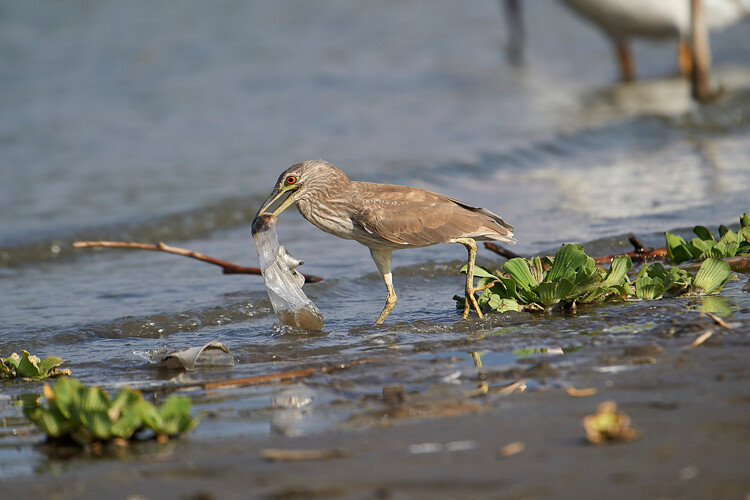
Mexico joins other countries including the Netherlands, Spain and Brazil to criminalise ‘ecocide’ in a new bill submitted to parliament this month
By
Mexico has announced a new bill to criminalise ‘ecocide’ – the deliberate or negligent destruction of the natural environment – joining countries including the Netherlands, Brazil, Spain and Belgium to penalise the act.
The bill was proposed by Deputy Karina Marlen Barrón Perales (PRI) on 30 July, to criminalise ‘any unlawful or wanton act committed with the knowledge that there is a substantial likelihood of severe and either widespread or long-term damage to the environment’.
The bill has now been put to the Justice Committees, who will consult it alongside the opinion of the Environment and Natural Resources Committee. If passed, the bill will impose a 10 to 15 year prison sentence for offenders, and a fine of 1000-1500 pesos (£46- £70) per day.
Related articles

‘Environmental destruction has caused regrettable repercussions in all ecosystems and biodiversity has been seriously affected, so that some species have become extinct and others are in danger of extinction,’ said Barrón Perales.
‘Some states or cities have serious air pollution […] there is also serious water pollution in rivers, seas and lakes, and […] human health has been affected by environmental problems causing respiratory, gastric and dermatological diseases as well as serious kidney, stomach and cancer ailments,’ Barrón Perales continued.
Mexico is facing numerous environmental issues, including pollution, deforestation, global warming and fracking – all of which are addressed in the bill.
Ecocide crimes are also being considered to be included in the revised version of the European Union’s Environmental Crimes Directive, which is currently being discussed by the European Council.
‘It is only a matter of time before enforceable legal protection against severe and widespread or long-term environmental harm is accepted as a necessary step towards a safer world,’ said Jojo Mehta, co-founder and executive director of Stop Ecocide International.
By




